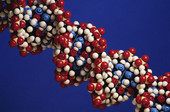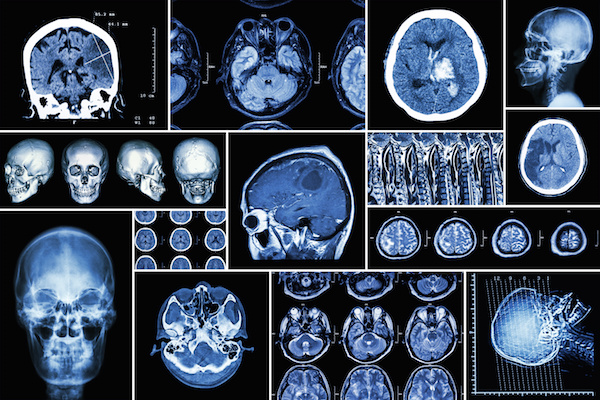
WEDNESDAY, Oct. 20 (HealthDay News) — A combination of animal and human research is pointing the way towards a novel gene therapy that could ultimately help in the treatment of major depression, researchers say.
The approach is designed to boost levels of a brain protein known as p11. The study authors cite p11 as a key player in the promotion of feelings of reward, pleasure and satisfaction with positive life experiences.
“Current therapies for depression treat symptoms but not underlying causes, and while that works for many patients, those with advanced depression or depression that does not respond to medication could hopefully benefit from our new approach,” study senior investigator Dr. Michael Kaplitt, an associate professor and vice chairman for research of neurological surgery at Weill Cornell Medical College, said in a news release from New York-Presbyterian Hospital/Weill Cornell Medical Center.
Kaplitt, who is also a neurosurgeon at New York-Presbyterian Hospital/Weill Cornell, and his colleagues published their findings in the Oct. 20 issue of Science Translational Medicine.
P11’s central role in depression was uncovered in 2006 by Nobel Prize winner Dr. Paul Greengard of Rockefeller University. At that time, p11 was identified as a key player in facilitating the binding of the neurotransmitter serotonin — long cited as a mood, appetite and sleep regulator — to nerve cells.
“In the absence of p11, a neuron can produce all the serotonin receptors it needs, but they will not be transported to the cell surface and therefore won’t stick out and latch on to the neurotransmitter,” explained Kaplitt in the news release.
Following discussions with Greengard, Kaplitt further studied p11’s role in mice by disabling the protein’s ability to function properly in a specific part of the brain called the nucleus accumbens, which is known to be involved in both addiction and depression.
Without p11, the mice displayed depressive behaviors. The investigators then used a technique they had tested in Parkinson’s disease patients, in which they engineer a non-functioning virus, pack it with a desired genetic “payload” (in this case, the p11 gene), and then direct the virus to deposit its contents into specifically targeted brain cells.
After the gene was delivered to the animals’ p11-inhibited nucleus accumbens regions, the mice stopped displaying depressive behaviors, the researchers reported.
What’s more, autopsies conducted on human patients who had been diagnosed with severe depression further revealed that the same region in their brains had significantly lower amounts of the p11 gene than typically found in patients with no signs of depression, the study noted.
“Together, these studies provide strong evidence that maintaining adequate levels of this particular protein, p11, in this pleasure-reward area of the brain may be central to preventing or treating depression,” Kaplitt concluded.
However, “patients should not get their hopes up that this is going to turn around the treatment of depression anytime soon,” according to Dr. Bernard Carroll, scientific director of the Pacific Behavioral Research Foundation in Carmel, Calif., and a former chairman of the U.S. Food and Drug Administration’s advisory committee for psychotropic drugs.
“The laboratory findings are interesting, but the translational step to anything that would benefit a patient is very removed at this point,” he noted. “Although the basic neurobiology that is being studied here is well known, depression is a human disorder and animal models do not faithfully reproduce the full syndrome. So while I’m not knocking the science, what I’m knocking is the rush to speculate about how far this will take us.”
More information
For more on depression and treatment, visit the U.S. National Institute of Mental Health.

